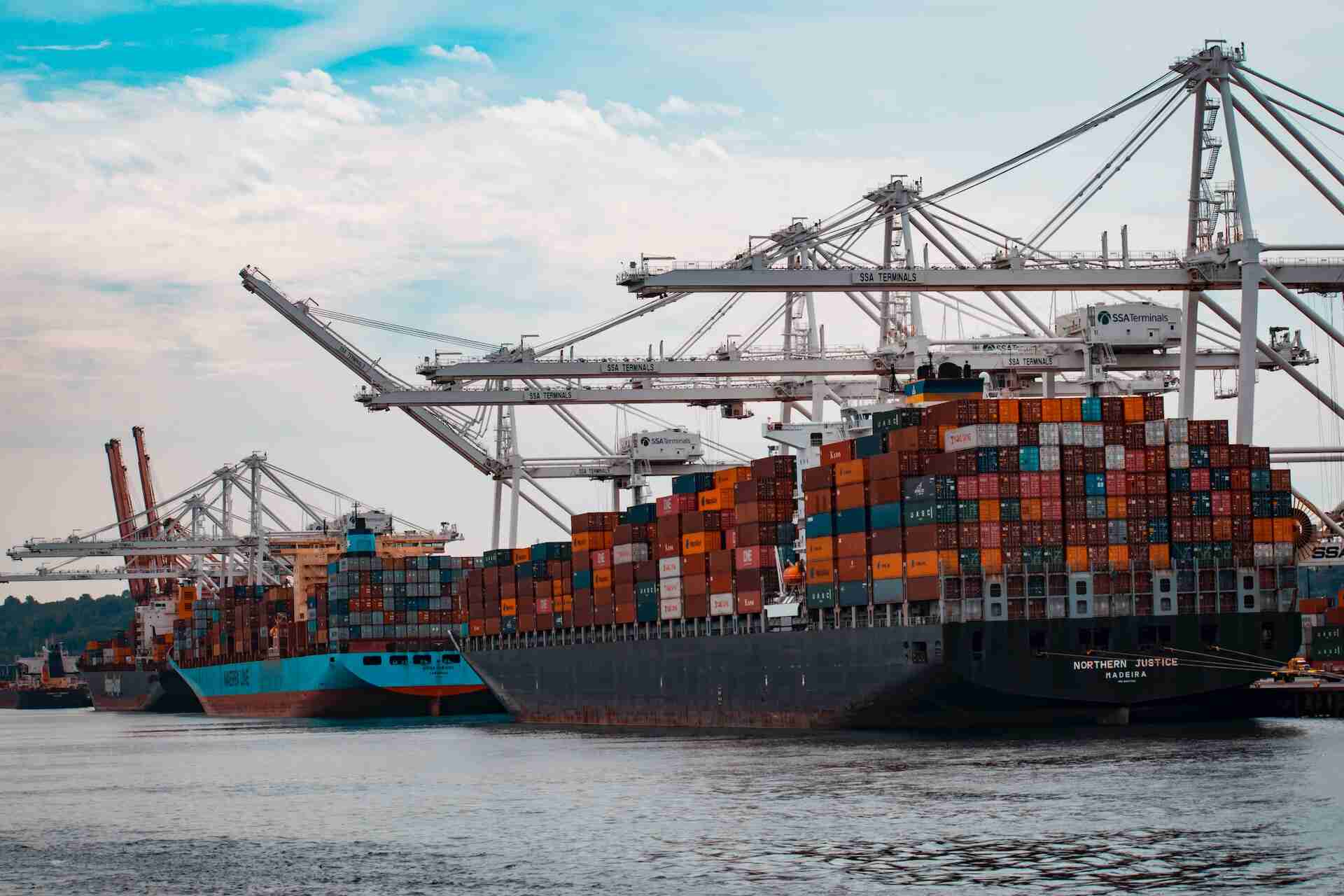How to start exporting scrap from the European Union

It is likely that we often have doubts about exporting waste materials to foreign countries. A priori, this action may seem complicated and alien to our environment, however, many companies have chosen to break cross-border barriers and support the circular economy by marketing recyclable material in foreign countries and outside the EU. But, what are some of the basic requirements to follow to initialise such a process?
Fortunately, Spain has a solid outsourcing infrastructure that aims to support and above all facilitate the arrival of products and differents types of scrap metal in foreign countries. Specifically, the Government presents a guide for the export and recovery of waste to both OECD (Organisation for Economic Co-operation and Development, an international co-operation body composed of 38 states whose aim is to co-ordinate economic and social policies) and non-OECD countries.
How to export scrap metal from the European Union
In order to put people in this context and to give a general overview, these are the most important steps in the guide:
Identify the type of procedure
The first step is to identify the type of procedure to be followed depending on the waste to be exported. Basically, the type of procedure depends on whether the destination is an OECD or non-OECD country. In OECD countries the registration will be done by the general information procedure, provided that the waste exceeds 20 kg and falls into one of the following fields:
- Wastes listed in Annex III or IIIB of Regulation 1013/2006 of the European Parliament and of the Council
- Mixtures not classified under a specific entry in Annex III of the same regulation, of two or more wastes listed in Annex III, provided that the composition of the mixtures does not impair their environmentally sound recovery and provided that such mixtures are listed in Annex IIIA. The general information procedure consists of filling in an attached annex.
Notification and prior authorisation
Subsequently, the procedure for prior written notification and consent is carried out. This process is summarised in four steps, each step including a set of documentation to be filled in according to the different annexes also attached in the guidance:
- Notification: the notifier submits to the competent authority a series of annexes identifying the exporter and importer, as well as the scope of the notification, total number of shipments, quantity, time period, packaging, transport, waste identification, bonds or insurance etc.
- Transmission of the notification: If the notification is duly completed, the competent authority must, within three working days of receipt, transmit the notification to the competent authority of destination and copies to the other related parties.
- Acknowledgement of receipt: if the notification is duly completed, the competent authority of destination shall send an acknowledgement of receipt to the notifier, and copies to the other related parties.
- Transmission of the decision: all committed authorities have 30 days after transmission of the acknowledgement to give unconditional consent, conditional consent, raise objections or transmit their reasoned decision to the notifier.
Movement document
Finally, after the authorisation, the movement document is drawn up, the purpose of which is to close the bureaucratic process and trigger action. This is also attached to the guide.
In addition, there are other documents that can provide additional information when carrying out these operations, such as, for example, the EU regulation No. 333/2011, which specifies the qualities and requirements of scrap metal.
As can be seen, internationalisation processes require an investment of time and bureaucratic procedures. However, there are many benefits that they can generate. When talking about benefits, it should not be forgotten that this does not only refer to economic gains, but also takes into account the generation of more sustainable raw materials. Closing a circular economy cycle by exporting/importing recyclable materials will help countries to become less dependent.
If you are you a waste manager, don’t miss this post where we talk about the requirements for importing into Spain. In our blog we also talk about how to sell scrap metal. Dicover ScrapAd!